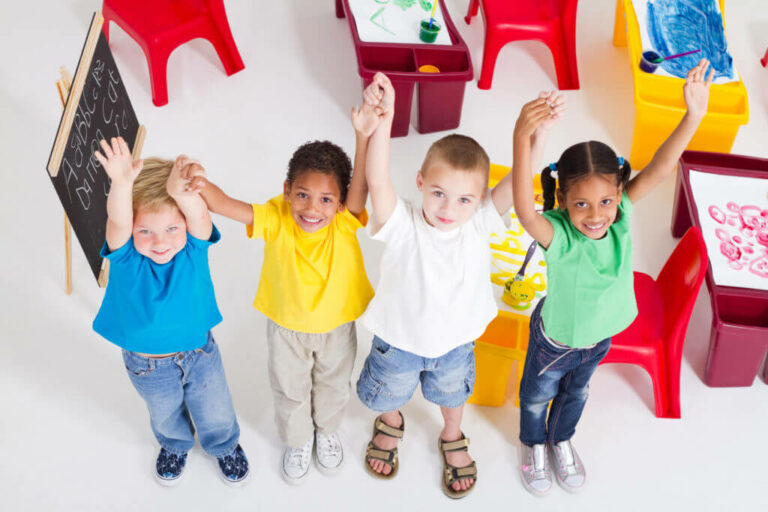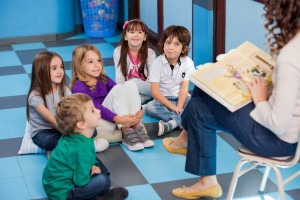 A good relationship with the early childhood education teacher working with your child can help to make the learning experience more successful for everyone. Most schools schedule a couple of meetings during the year. Your child’s teacher will be able to provide you with valuable information regarding your child’s learning and development. You’ll be asked relevant questions to help your child succeed and become a confident learner.
A good relationship with the early childhood education teacher working with your child can help to make the learning experience more successful for everyone. Most schools schedule a couple of meetings during the year. Your child’s teacher will be able to provide you with valuable information regarding your child’s learning and development. You’ll be asked relevant questions to help your child succeed and become a confident learner.
Be Prepared
Before your first meeting write down a list of questions and concerns you might have about your child. Be sure to arrive for your meeting on time. Your child’s teacher will begin by providing you with a great deal of information. Take note of the information and follow up with any of your questions the teacher did not answer.
Get the Details
If your child’s teacher provides you with information that your child is struggling in certain areas, don’t take the information personally. Ask for specific details on how you can help your child in school and at home. The details you have, the more you will be able to assist your child. Make sure to provide your child’s teacher with any new pertinent health or family information that may have arisen since the time of registration. It’s essential for your child’s teacher to have a complete picture of your child to provide the best support possible.
Respect the Expertise
Keep in mind that your child’s teacher has the education, experience, and expertise to teach. Unless you have concerns about safety issues, allow your child’s teacher to provide you with all of the information you need to help your child to develop and become successful. If you are unsure about any of the points he or she raises, ask for more clarification.
Keep Communication Lines Open
As a parent, you understand your child best. Be sure to provide your teacher with concerns or questions you might have about your child’s behavior or development at home. By keeping relevant information away from your child’s teacher, you may be closing some doors for extra support in school. Make sure to mention any other circumstances in your home that might impact your child’s behavior at school. For instance, the arrival of a new brother or sister can have both a positive and negative impact on a child. You might be seeing positive things at home, but there might also be negative things happening at school.
Heritage Learning Center | Early Childhood Education McKinney TX | (972) 782-4464




